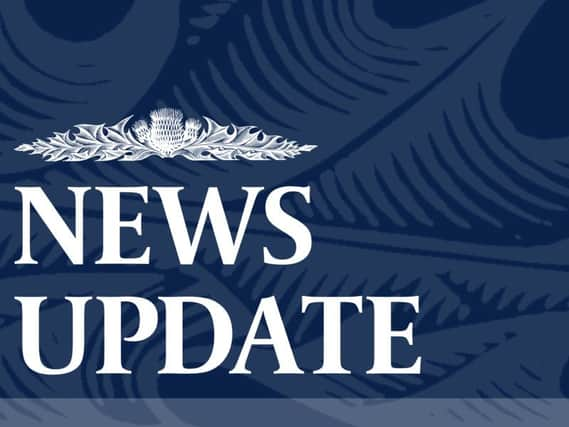Labour leader defends free services


Labour councillor David O’Neill, the president of local council umbrella body Cosla, said universal benefits like free bus passes, free prescriptions and free university tuition are popular with voters but “unfit for purpose and unaffordable”.
His speech to Cosla’s conference in Crieff, Perth and Kinross, today had echoes of former Scottish Labour leader Johann Lamont’s controversial attack on Scotland’s “something for nothing” culture - her own attempt to spark a debate on universal services in 2012.
Advertisement
Hide AdAdvertisement
Hide AdHowever, Mr Murphy set himself against Mr O’Neill and Ms Lamont in his own speech to Cosla, saying rich people who pay the taxes that fund benefits should get “something for something”.
He said: “My predecessor made a speech about ending the ‘something for nothing’ society and moving to targeting some of these payments.
“I don’t share that view. You should get something for something. If you have paid in, you should get something back.
“If we’re going to ask the most prosperous to pay higher taxes to pay for some of the social disadvantage that we have in this country, I think those people who are wealthy and have paid in should also get something back themselves.
“So, I believe in something for something and I defend that idea of universalism.
“People at the top should also get something back, so I disagree with my predecessor as Scottish Labour Party leader and I will protect that universalism.”
Mr Murphy confirmed that Labour at Westminster will raise taxes on the 16,000 Scots who earn more than £150,000 a year and acknowledged that many of them live in his own East Renfrewshire constituency.
The affluent area was formerly the Conservatives’ safest seat in Scotland until Mr Murphy unexpectedly won the constituency in the Labour landslide of 1997.
“I know it’s not popular but I am going to say it - we will raise taxes,” he said.